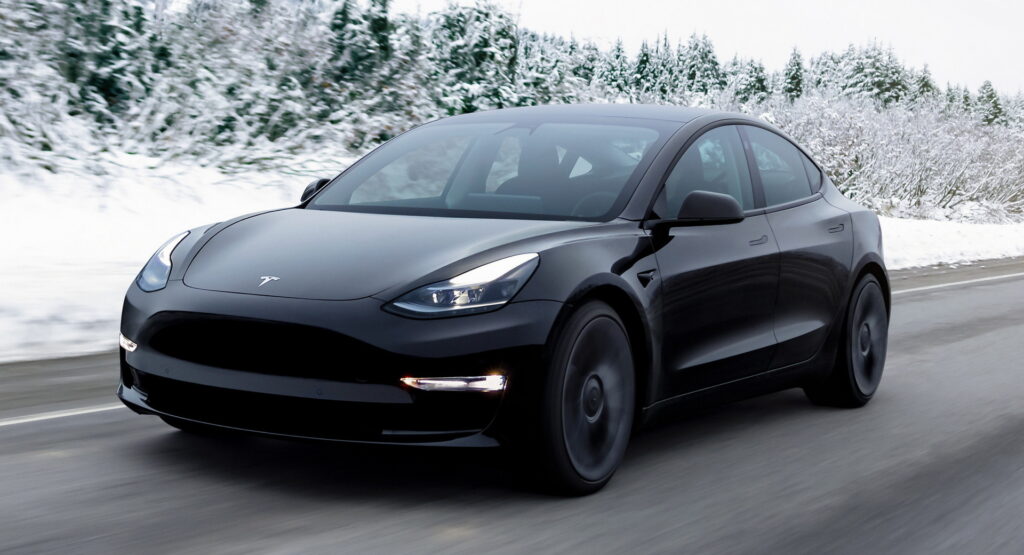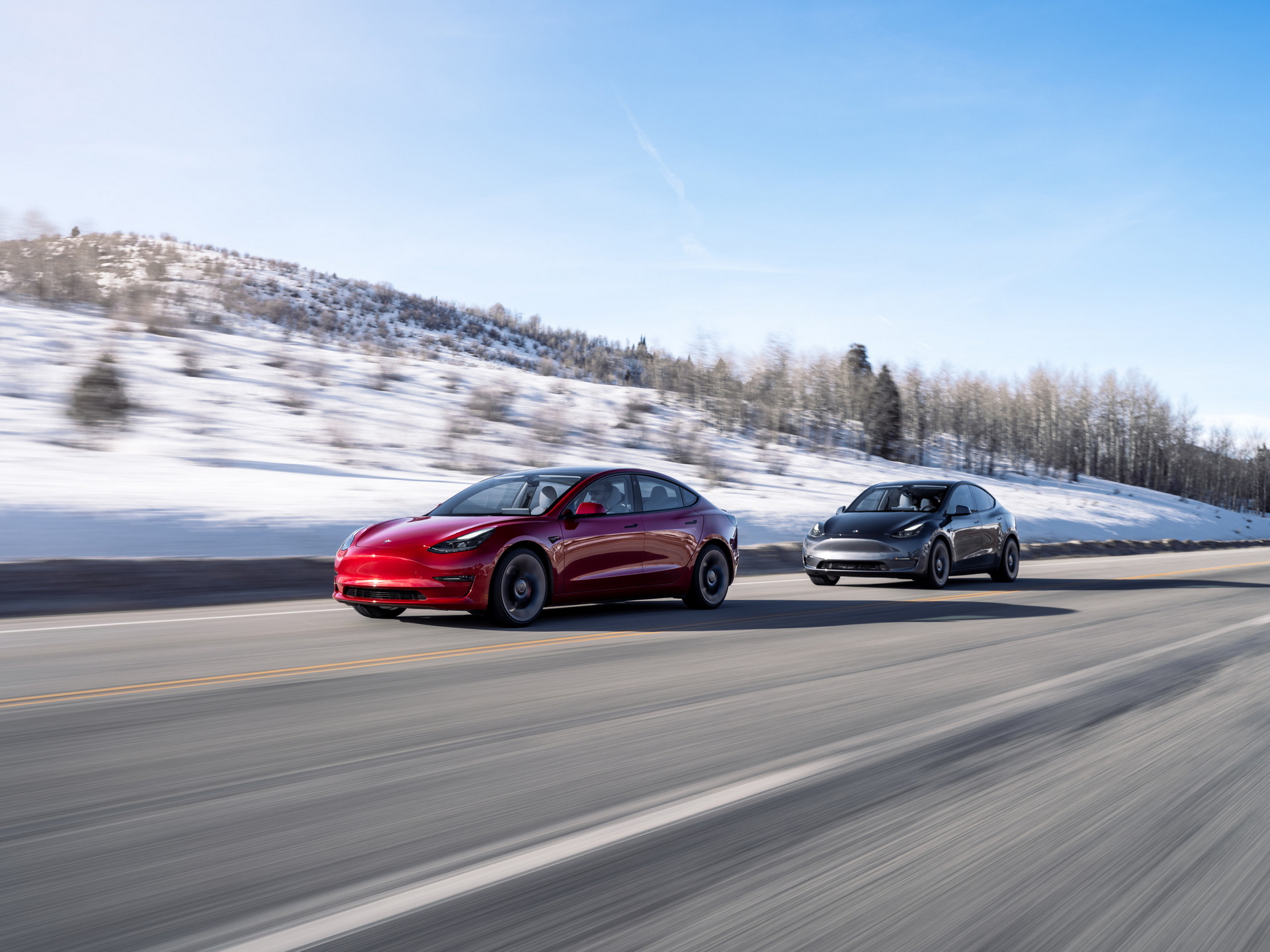Tesla revealed that it is lobbying the government of the Canadian province of Ontario as part of an effort to set up an “advanced manufacturing facility” in the country.
The company disclosed the efforts to Ontario’s Integrity Commissioner, reports Reuters, and is working with the government to “identify opportunities for industrial facility permitting reforms.”
The Canadian Industry Minister, Francois-Philippe Champagne, said in May that the country was in “very active discussions with a number of players” to develop an EV supply chain in the nation. Rich with natural resources, Canada is also being looked at by its southern neighbors, the U.S., to help supply the industry with the raw materials necessary to make electric vehicles.
Read Also: Canada Is Pitching Itself To Automakers As The Perfect Place To Build EVs
Welcome Tesla look forward to official launch. You are a great addition the “future car” cluster of companies in @cityofmarkham pic.twitter.com/9ZRU2lWyEO
— Mayor Frank Scarpitti (@frankscarpitti) November 4, 2021
Late last year, Frank Scarpitti, the mayor of Markham, Ontario, tweeted that “Tesla Canada is joining our already robust automotive and technology ecosystem by locating a manufacturing facility in the City of Markham.”
Tesla did not comment on the tweet and so far has not announced a factory in the Toronto-adjacent community. The automaker did, however, buy Hibar shortly before that tweet, which produces parts that it will need for its 4680 battery cells.
Although neither Tesla nor the Ontario government have yet made official statements regarding the automaker’s recent lobbying efforts, Tesla’s CEO Elon Musk hinted last week that a Canadian plant could be in the works. Speaking to investors, he asked where the company should put its next factory. After someone in the audience yelled “Canada,” Musk replied “We’ve got a lot of ‘Canadas,’ I’m half Canadian, maybe I should.”
Musk further said that the company might be able to announce a new factory later this year and that it could someday have 10 to 12 gigafactories around the world. So far, the company has two factories in the U.S. and one each in China and Germany.





